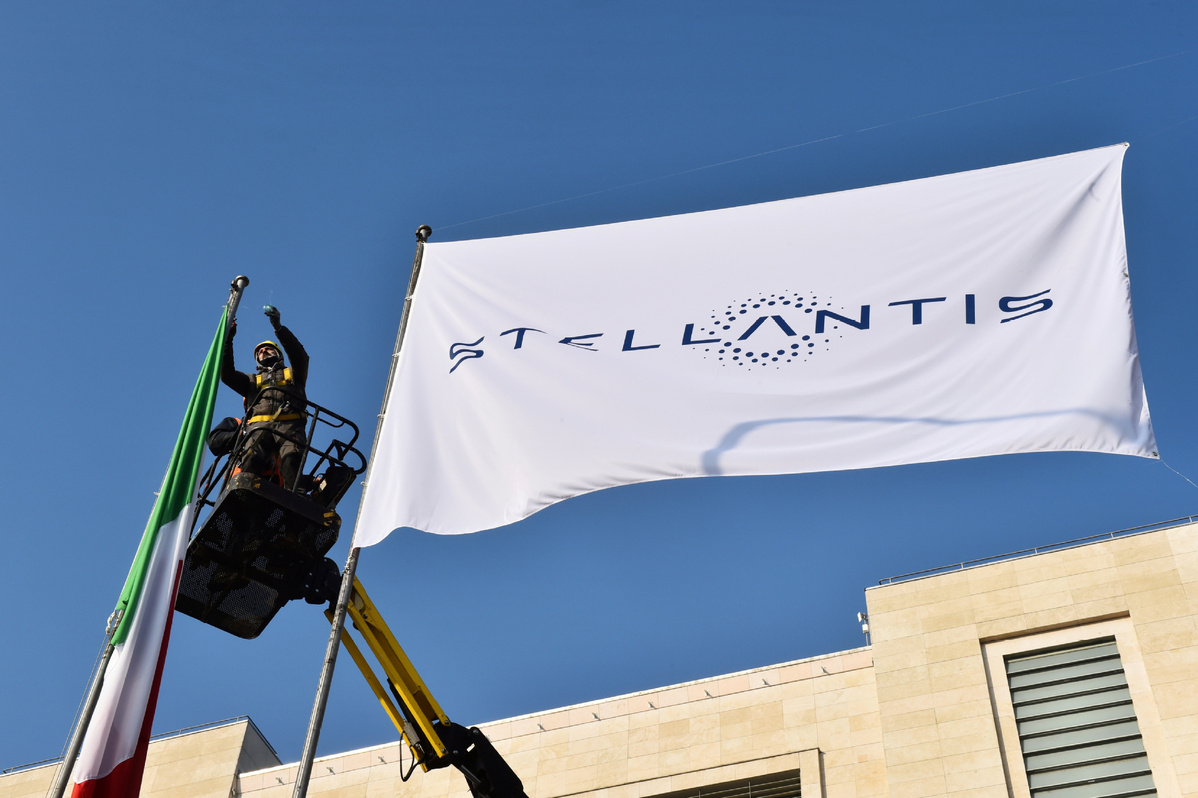Stellantis works on strategy to revitalize China business

Stellantis, forged from the merger of Fiat Chrysler and Peugeot-owner PSA, is trying to work out a strategy for its struggling business in China, the world's largest vehicle market, said its CEO Carlos Tavares.
In a press conference late Monday night, Tavares said Stellantis had created a task force composed of five top executives, to find out "what went wrong" for Fiat Chrysler and PSA in China and to work on solutions for a comeback.
Both have local partners and plants in China but neither is doing a good job, lagging far behind Japanese and German brands.
Tavares said the company "would not exclude anything" in terms of revitalizing its China business.
He said that different strategies are needed, as it is evident that repeating what was done in the past will not generate satisfactory results.
Analysts believe that China will prove crucial to the success of the group as it plans a switch to the new era of electrification and automated driving. The group said it will have 39 electrified models by the end of this year.
Sales of electric cars and plug-in hybrids totaled nearly 1.37 million in 2020 in China, up 10.9 percent year-on-year, according to the China Association of Automobile Manufacturers. It has been the world's largest market for such vehicles since 2015.
Stellantis, now the world's fourth largest carmaker, has 14 brands ranging from Peugeot and Citron to Jeep and Maserati.
"The purpose is not to be big, but to be great at what we do," said Tavares, who was previously PSA's CEO.
He said all the brands would be given the opportunity "to rebound" as the group focuses on profitable growth.
He said he was "very confident" of delivering its planned 5 billion euros ($6 billion) of synergies, with 80 percent to be realized within four years.

